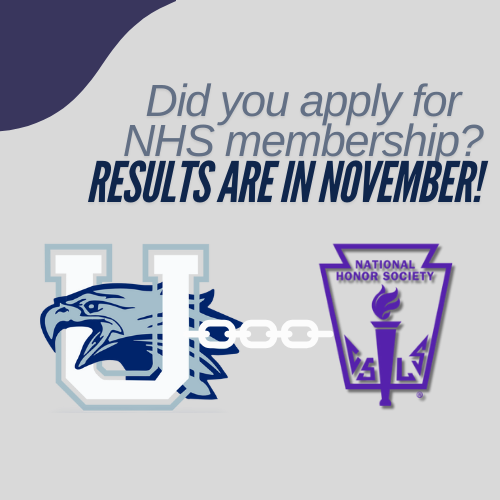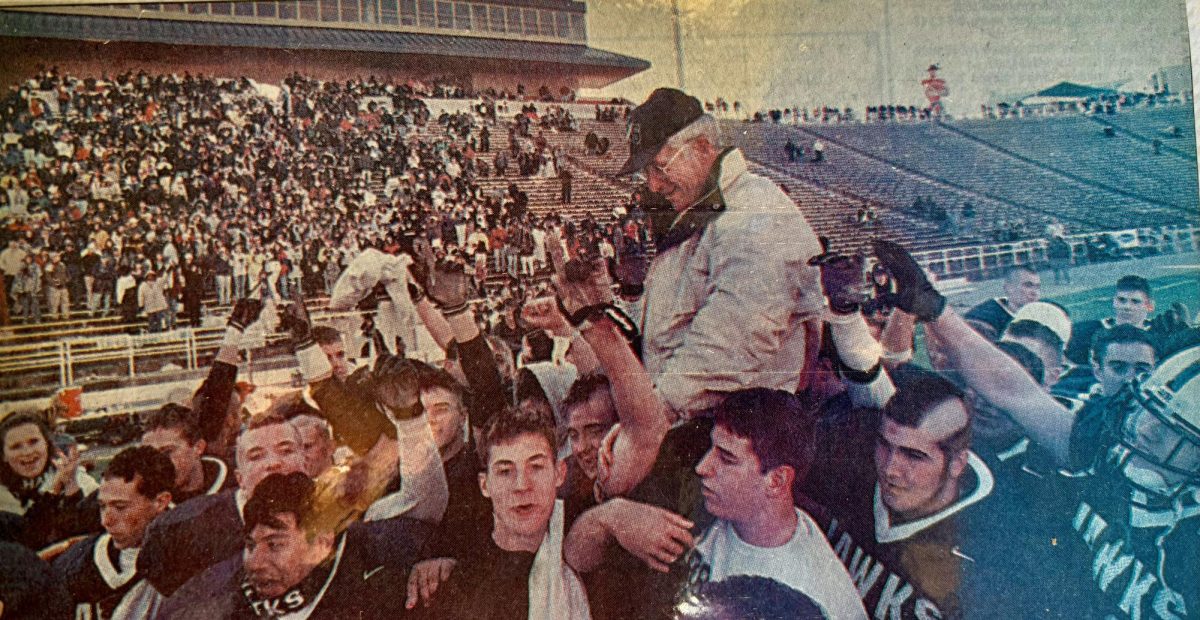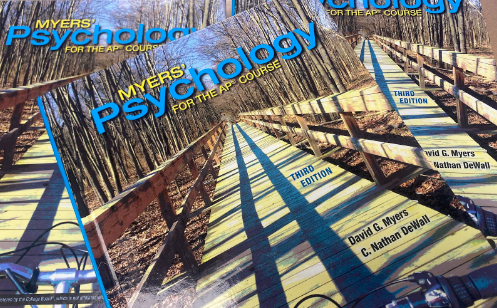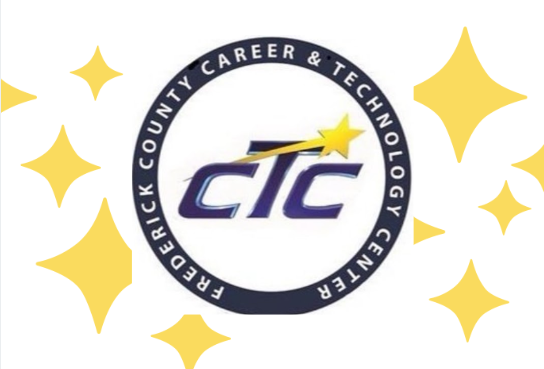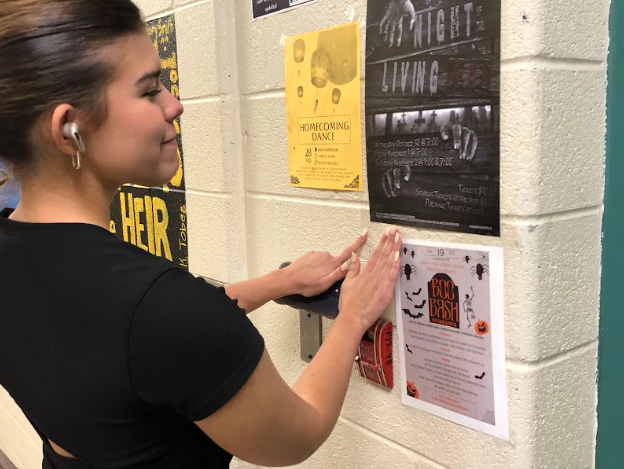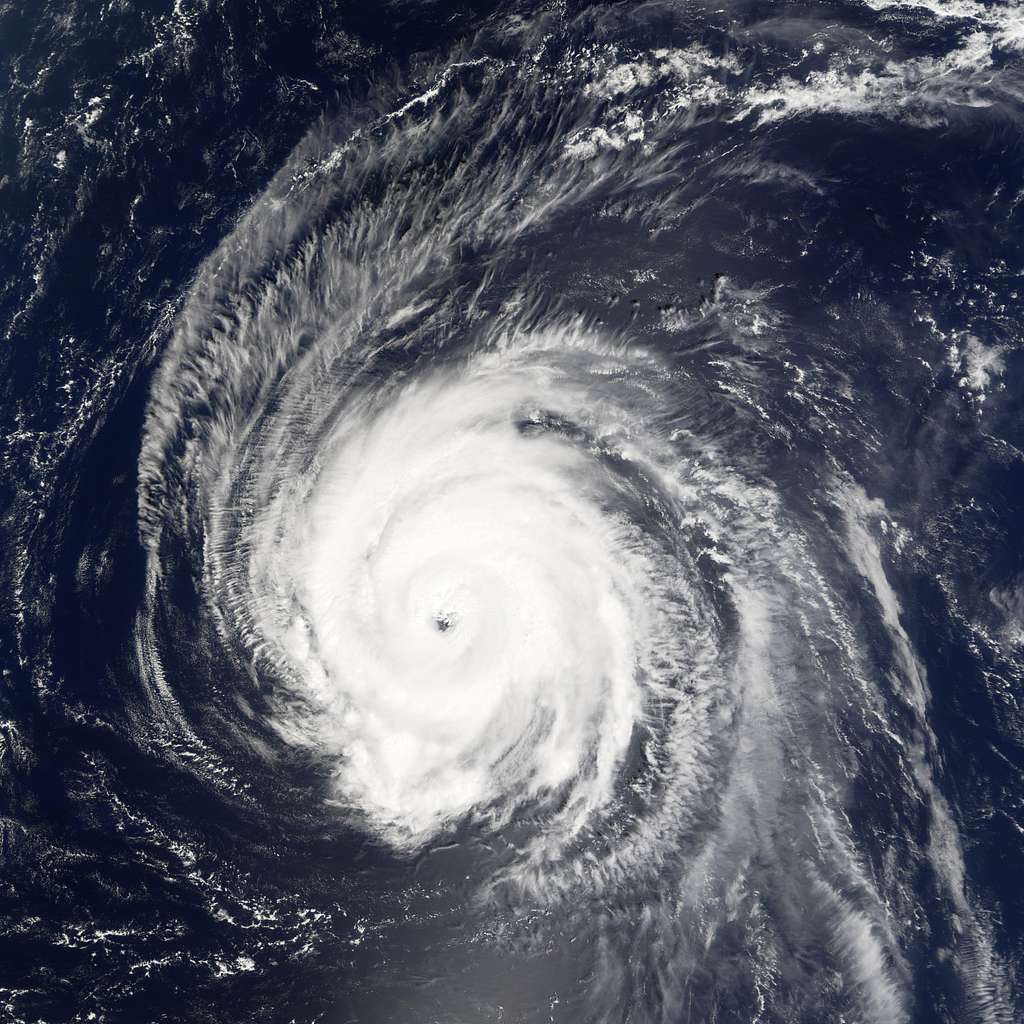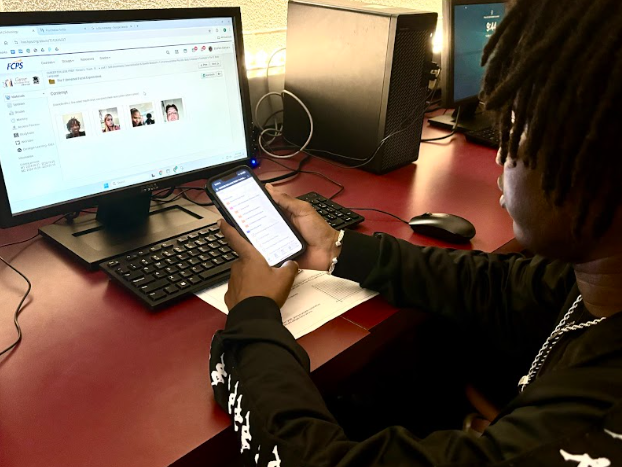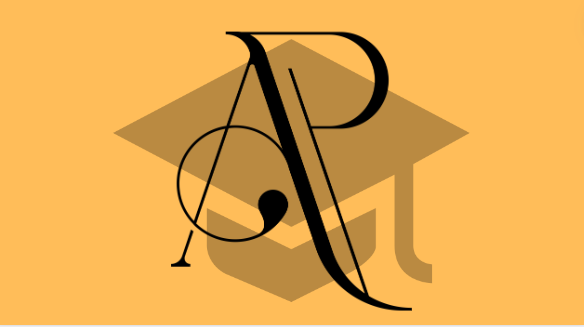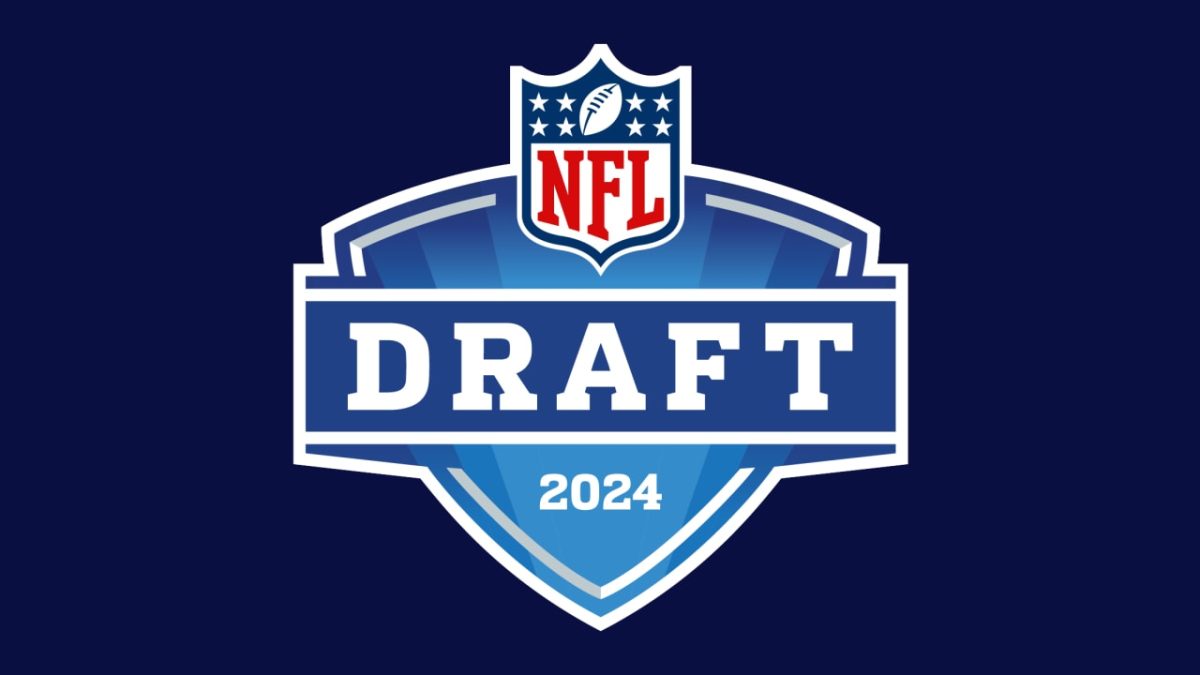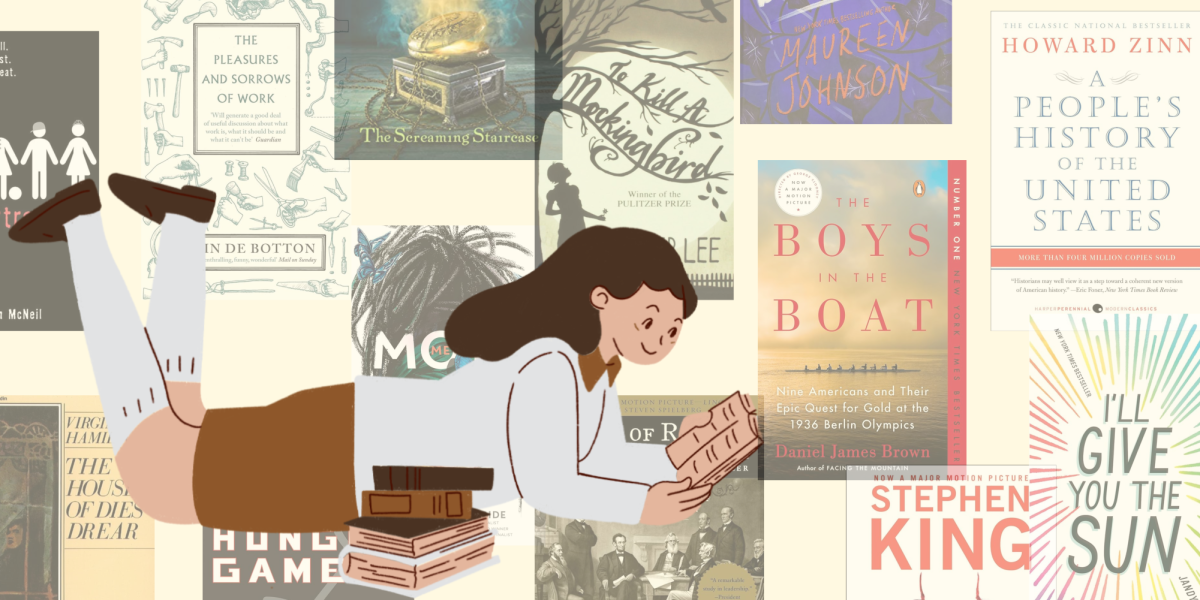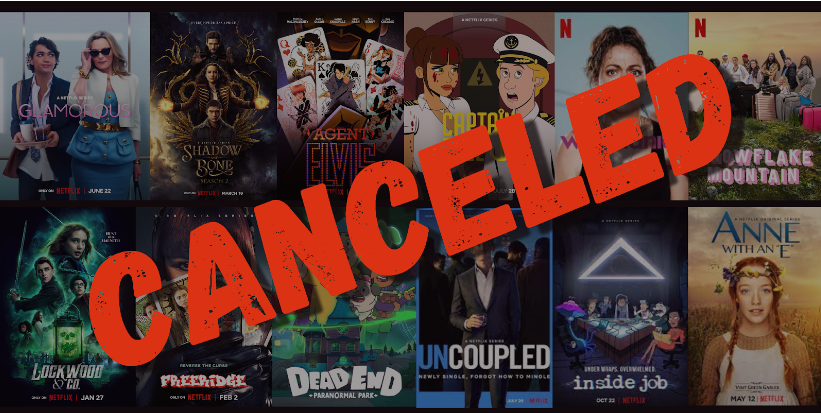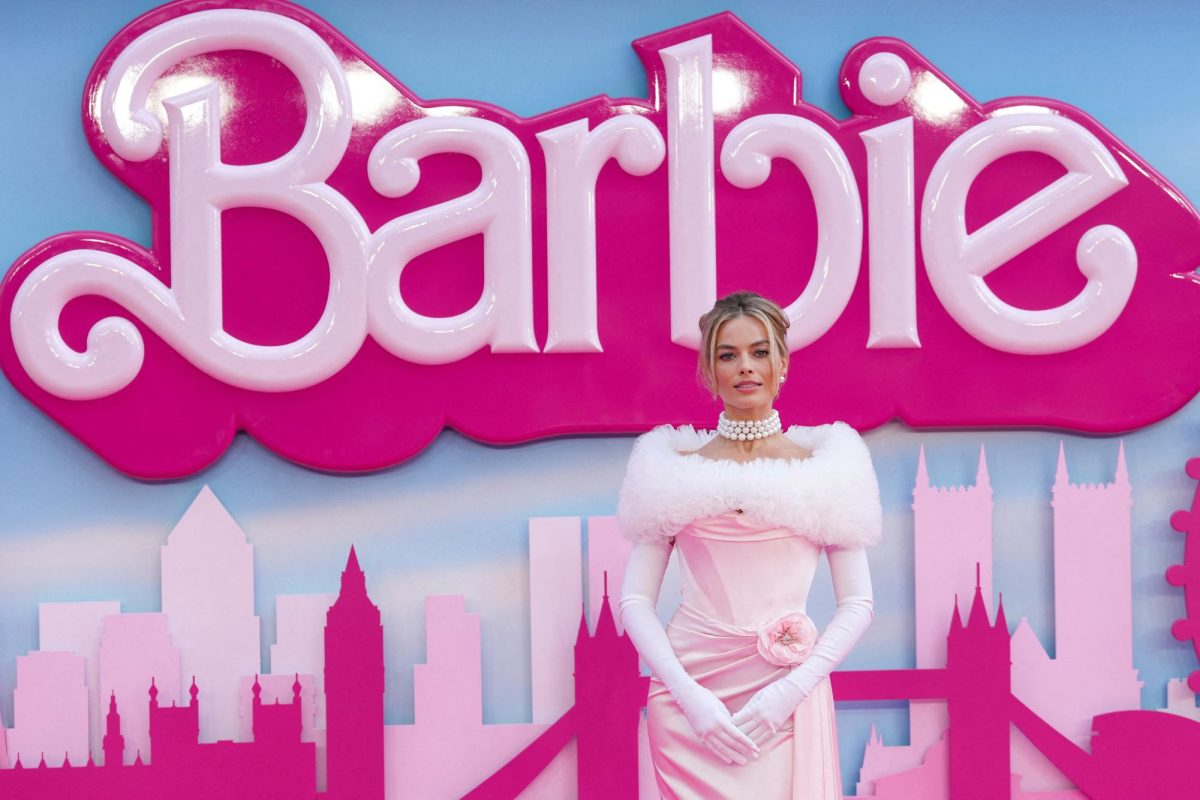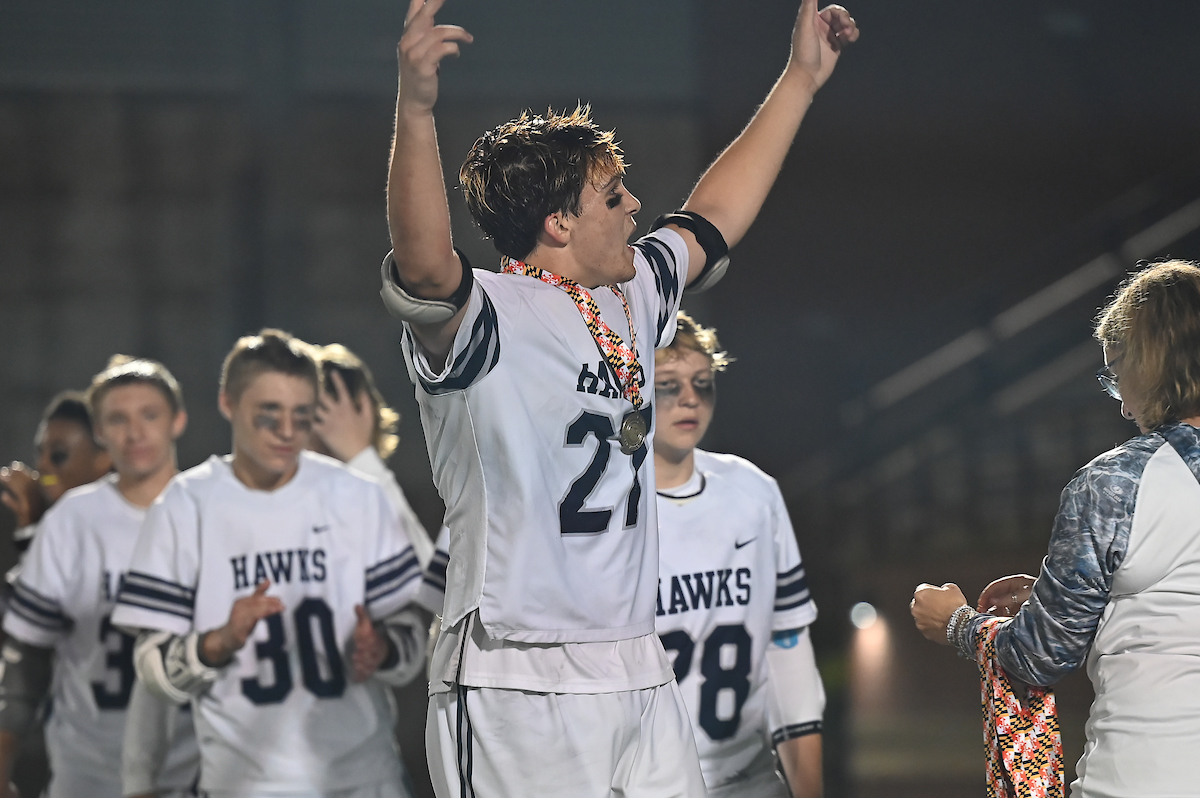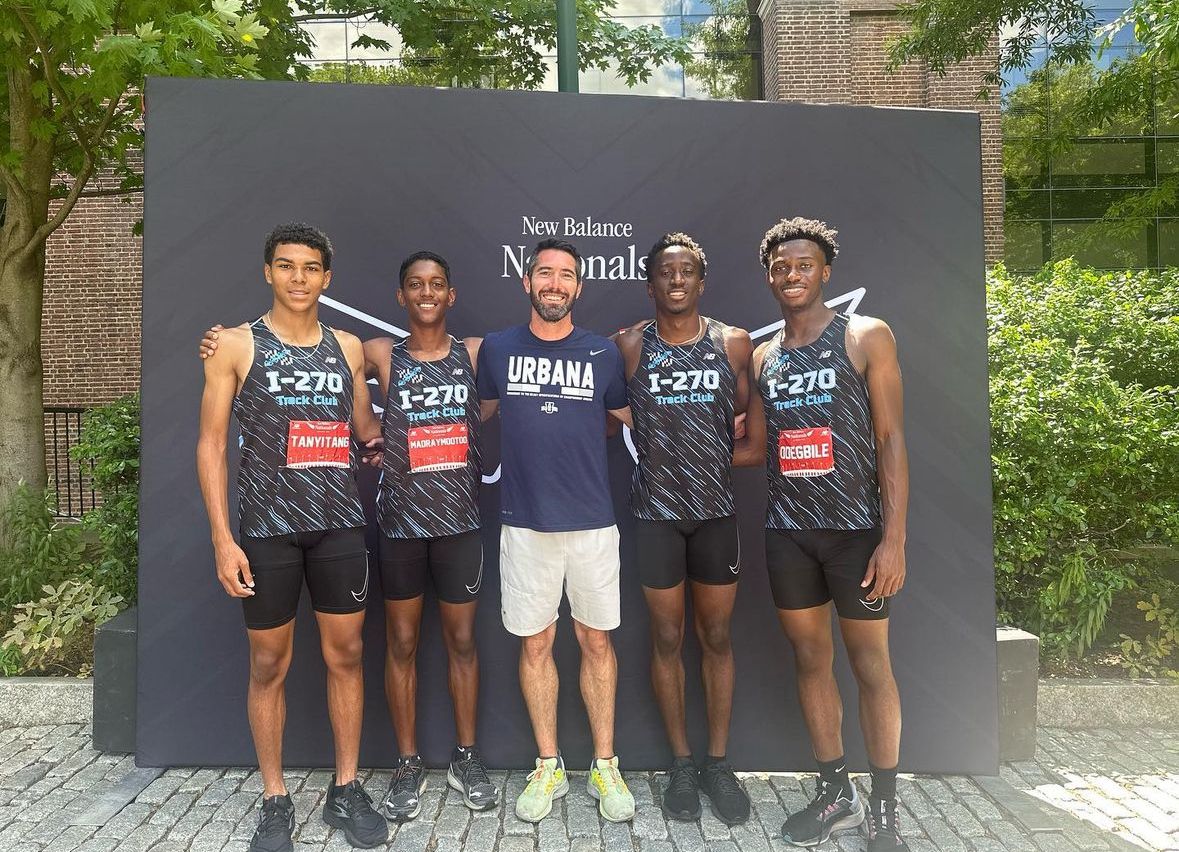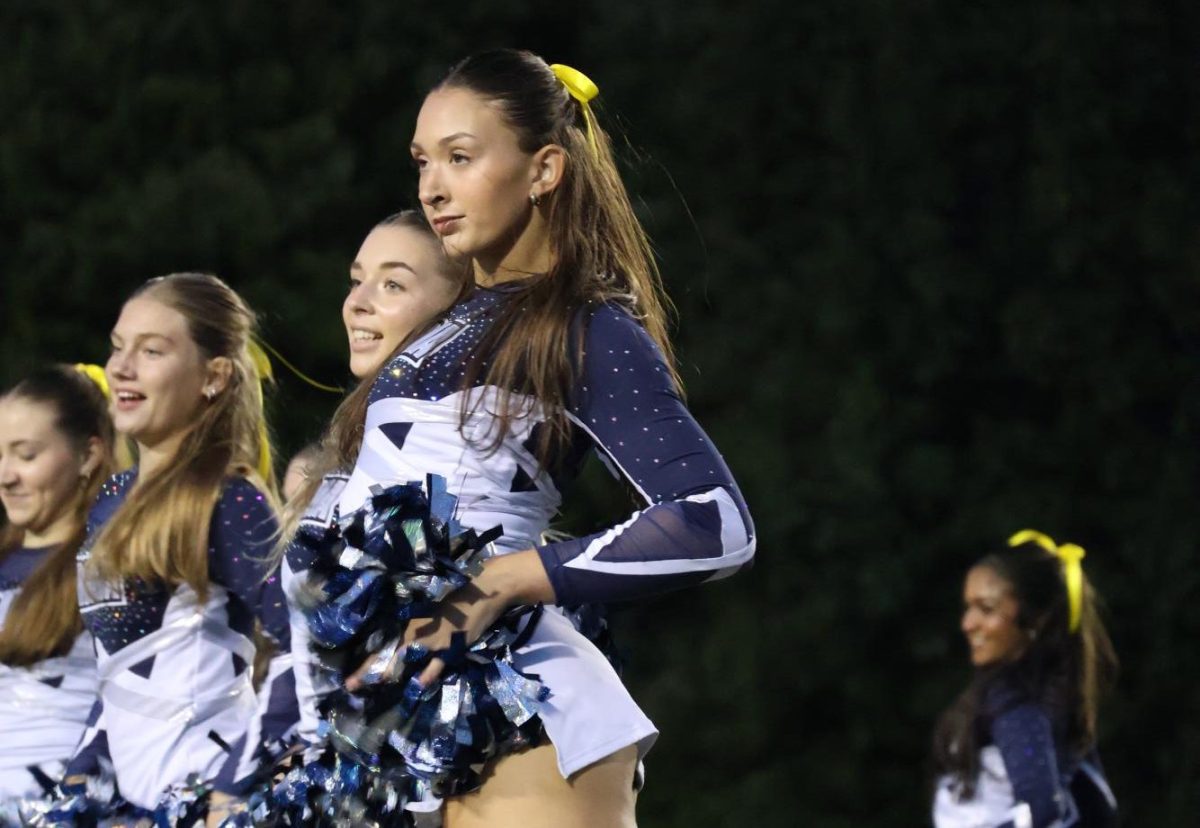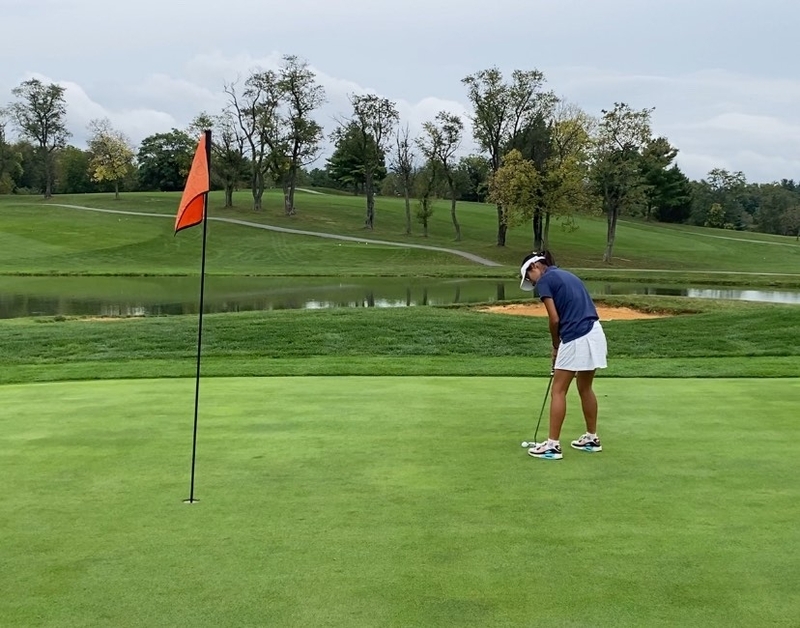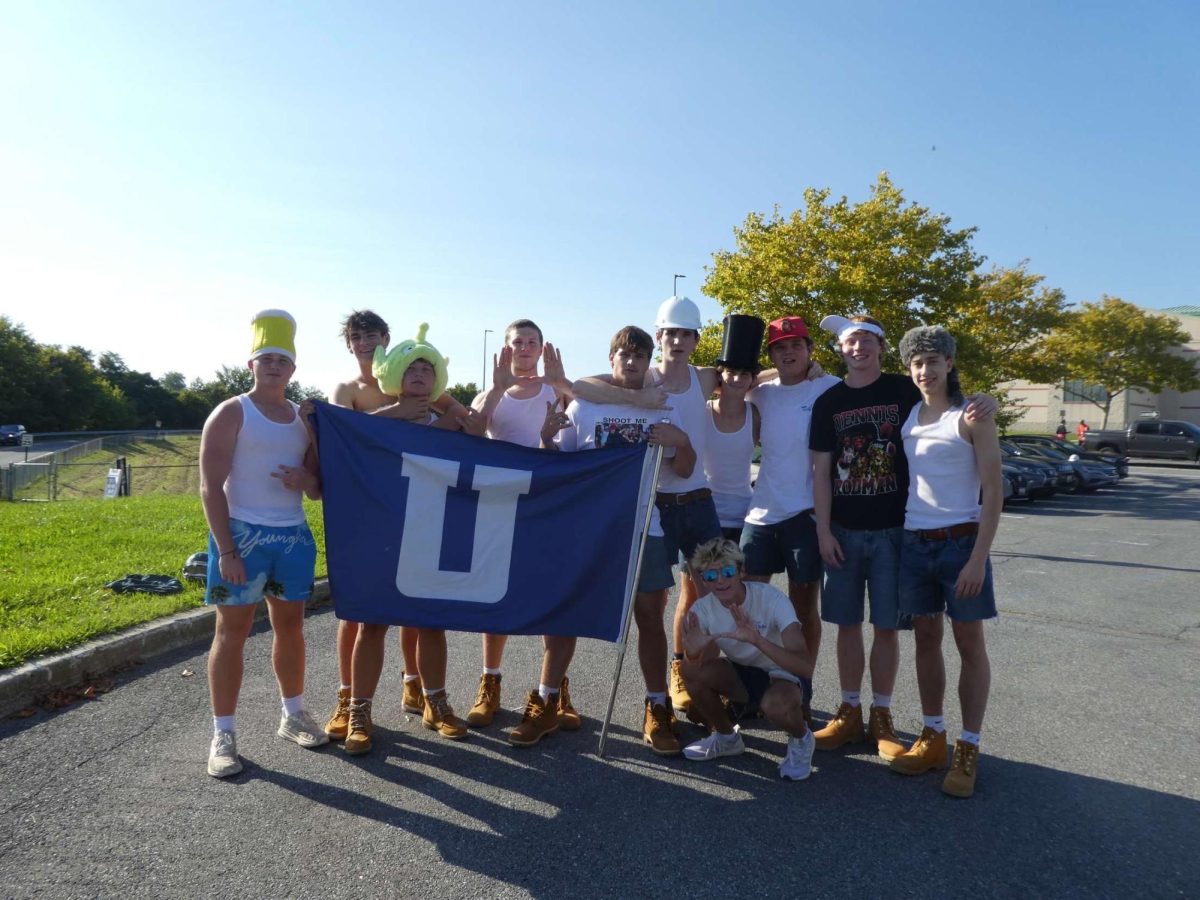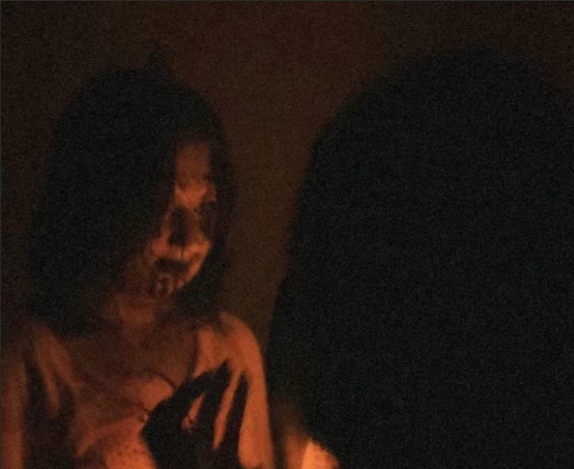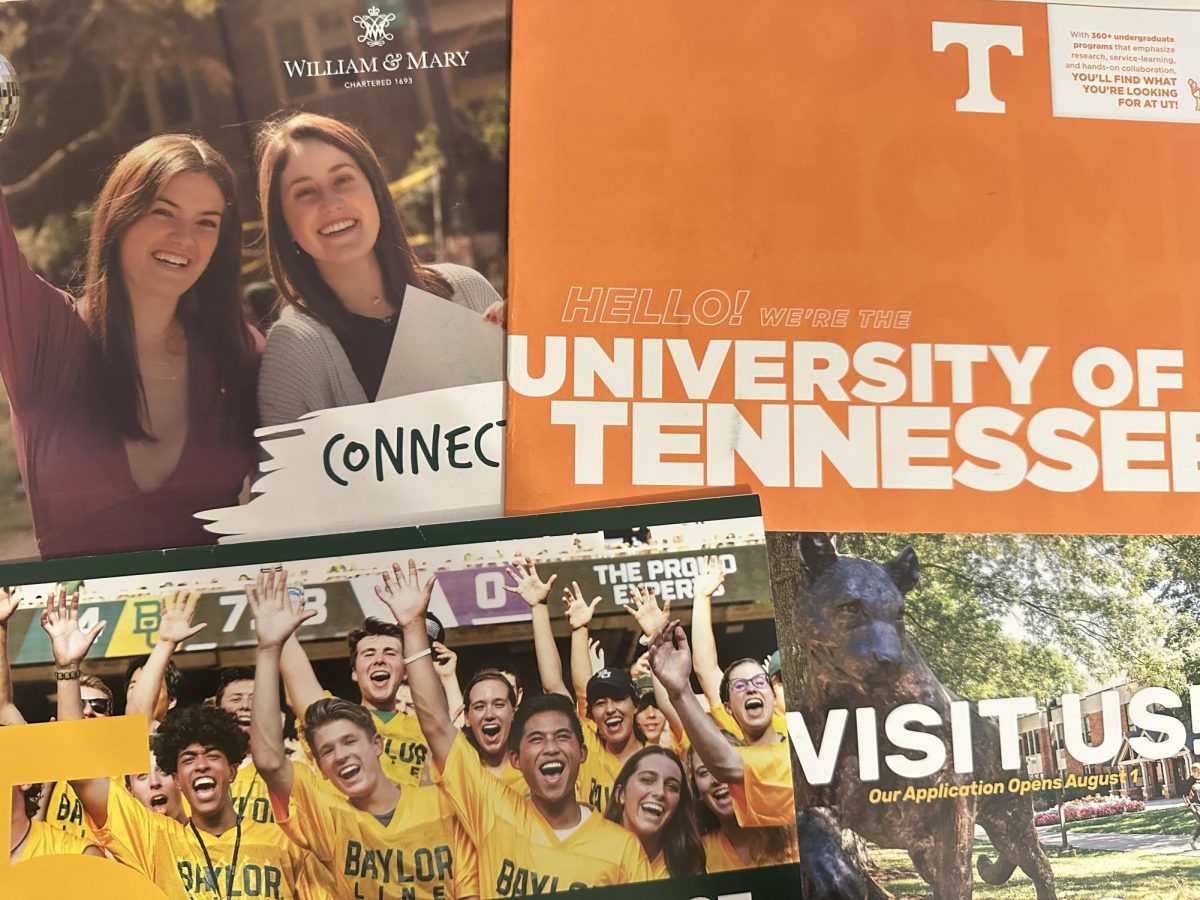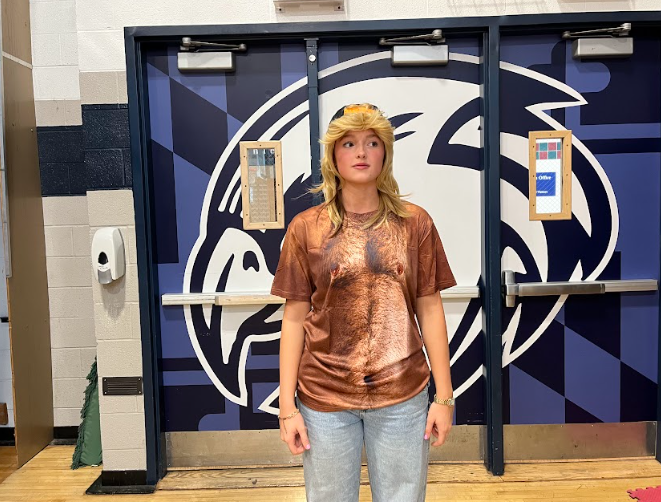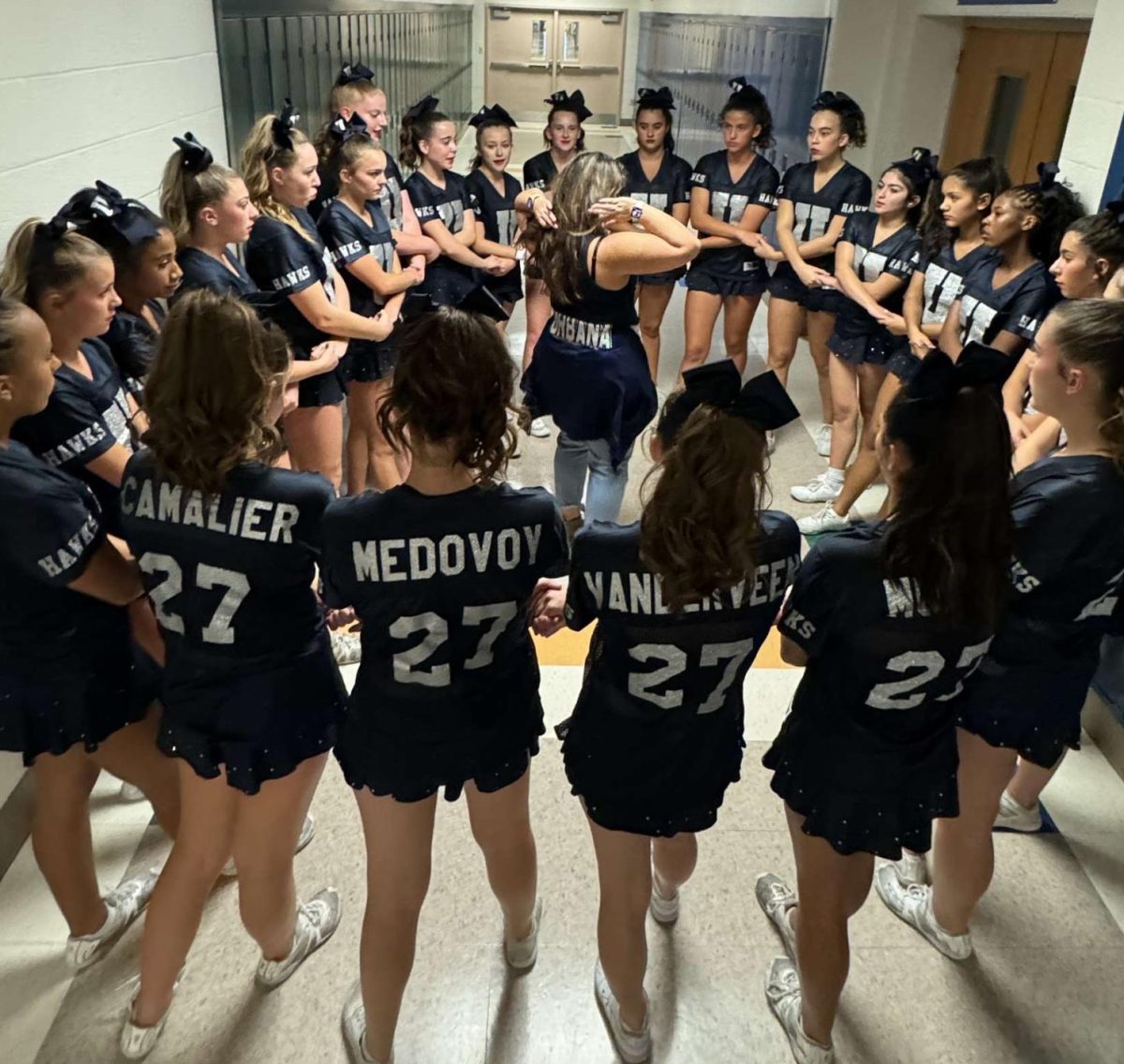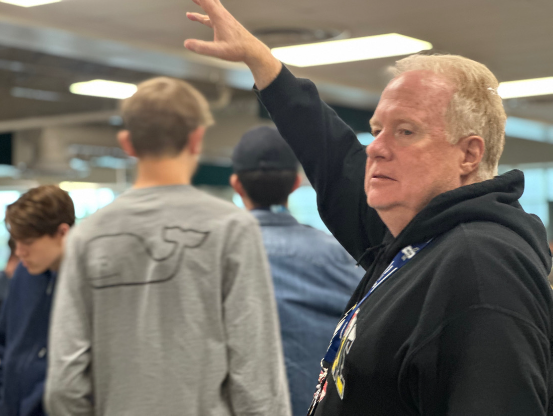Native Americans and the English Colonizers: A Thanksgiving Controversy

Illustration.
November 22, 2018
Thanksgiving: a beloved holiday cherished by families all throughout America, celebrated around the dinner table and with the people that they love. It is a seemingly innocuous day of festivities; after all how could there be anything wrong with a celebration of gratitude, a tribute to the survival of the resourceful pilgrims that founded America and their unity with the Natives who helped them?
But among the Native American community, Thanksgiving is the source of much controversy. To many of them, this holiday is a celebration of the conquest of Native Americans by colonists. A group called the United American Indians of of New England, or UAINE, has even established the last Thursday of every November (the day that Thanksgiving is celebrated in America) as its National Day of Mourning. The group’s decision to do this stemmed from an incident in 1970, when its leader Frank James, a Wampanoag man, was asked to speak at a banquet held by the Commonwealth of Massachusetts to celebrate the 350th anniversary of the arrival of the Pilgrims in Plymouth. The organizers of this banquet did not allow James to speak about the disturbing, lesser known details of the first Thanksgiving, which included taking the Natives’ supplies and selling them as slaves, so he and his followers protested and observed the first National Day of Mourning.
The first harvest festival was not all pass-the-salt, untainted friendship either. It was a feast that marked the beginning of an alliance between the Wampanoag tribe and the surviving passengers of the Mayflower that became quickly strained and eventually ended in violence. As the colonists began to assert control over more land that belonged to the Wampanoags, relations frayed and war ensued, causing the exodus of many Native American tribes and the heavy death toll of hundreds. This was just the beginning of hundreds of later conflicts between the English colonizers and the Natives that contributed to the mistreatment and oppression of Native Americans throughout history and into the modern day.
Yet this dark history following the original Thanksgiving feast is hardly common knowledge to the average American and is overshadowed by the values family and peace that veneers the beloved holiday.
Part of this ignorance arises from the way that children are educated about the origins of Thanksgiving in school. The typical portrayal of friendly Natives helping the pilgrims learn how to grow corn and beans is not the whole story. This narrative reduces the Native Americans to a not wholly accurate,Charlie Brown-esque caricature and deliberately excludes the struggles that they faced. Jacqueline Keeler, a member of the Dineh Nation and Yankton Dakota Sioux, wrote in an editorial that “These were not merely ‘friendly Indians.’ They had already experienced European slave traders raiding their villages for a hundred years or so, and they were wary—but it was their way to give freely to those who had nothing”. To many Native Americans today, this eurocentric depiction of Thanksgiving is offensive and untruthful of the struggles that marked those early years.
Thanksgiving is an American holiday that represents many different things to different people. To most Americans it means a day of appreciation and celebrating family; to a small minority of Native Americans, it signifies a bloody history between the two groups and an erasure of the violent acts their ancestors were subjected to by colonists. Though this contrast can begin to be remedied by educating school children of the neutral, non-eurocentric version of the history of colonization in America and acknowledging the violence that marked these events, many Native Americans will be continue to be burdened by readiness of some to ignorantly (or willfully) celebrate a holiday that to them erases their ancestors’ contributions and struggles.

